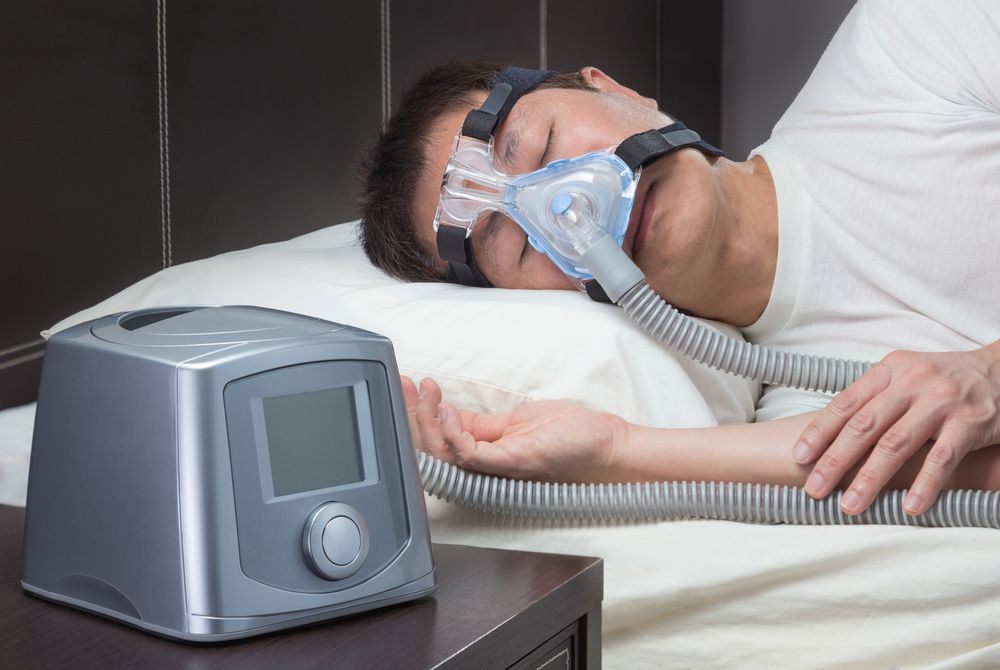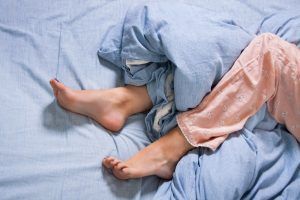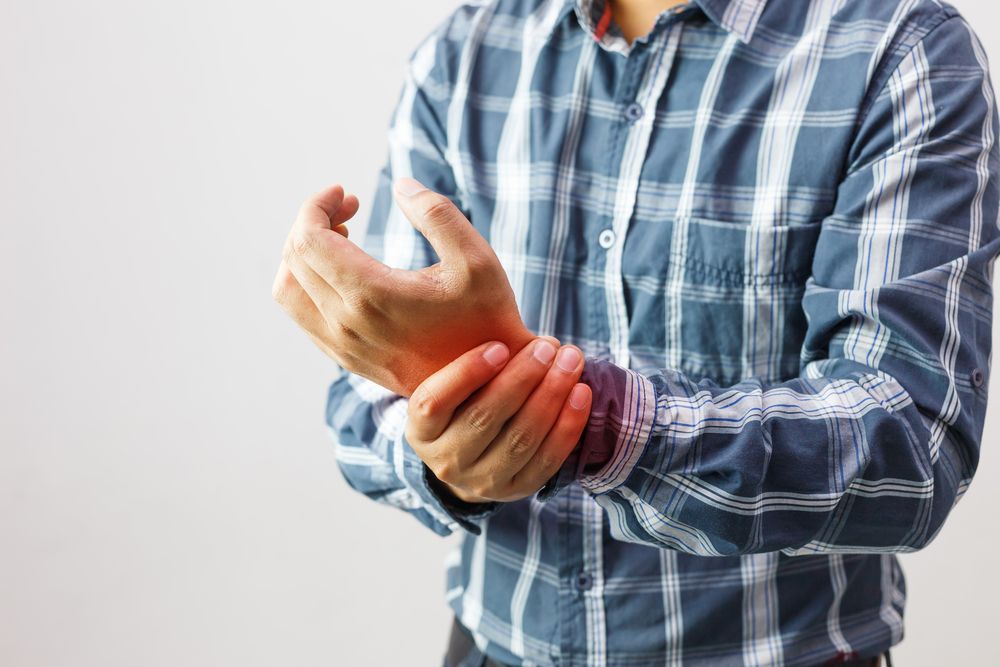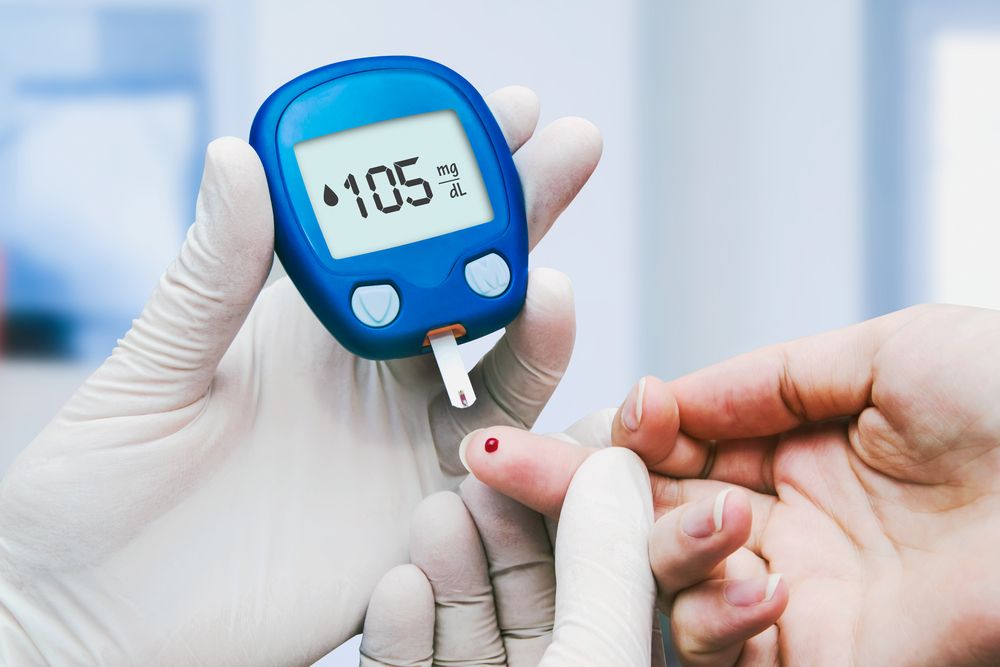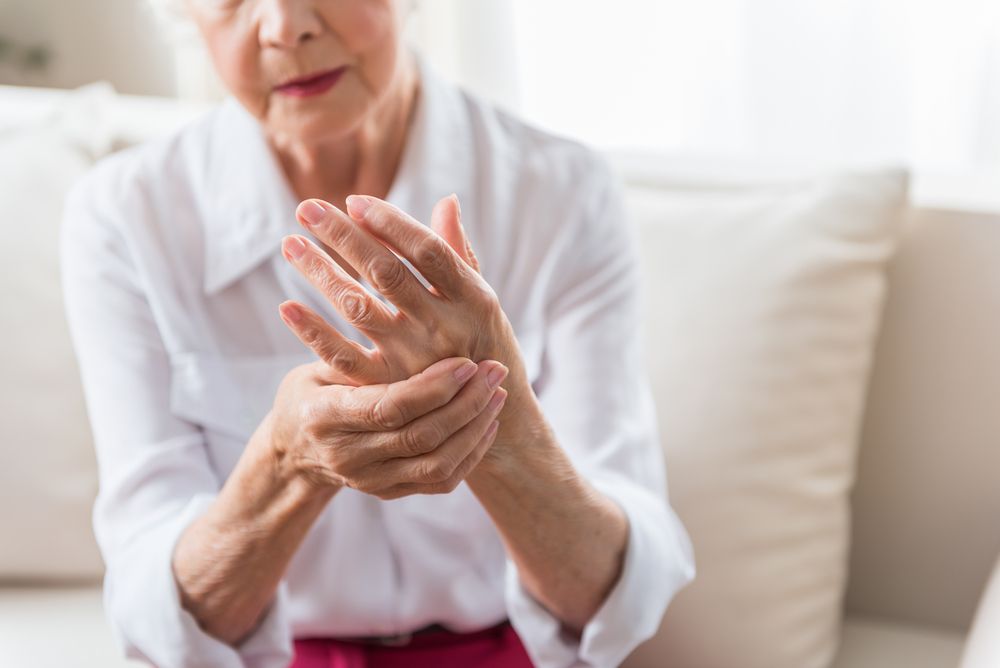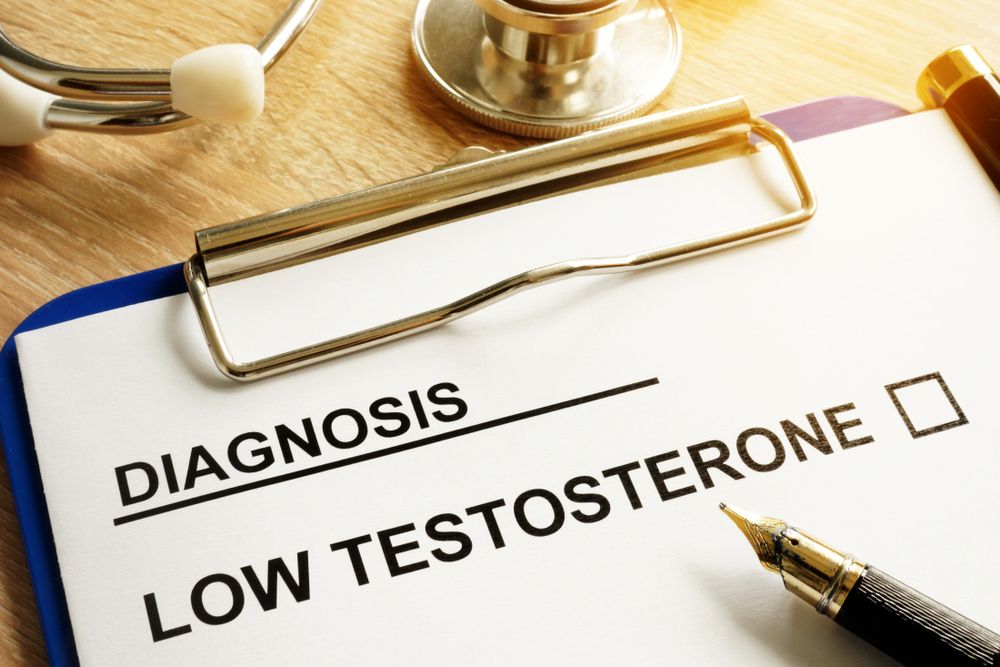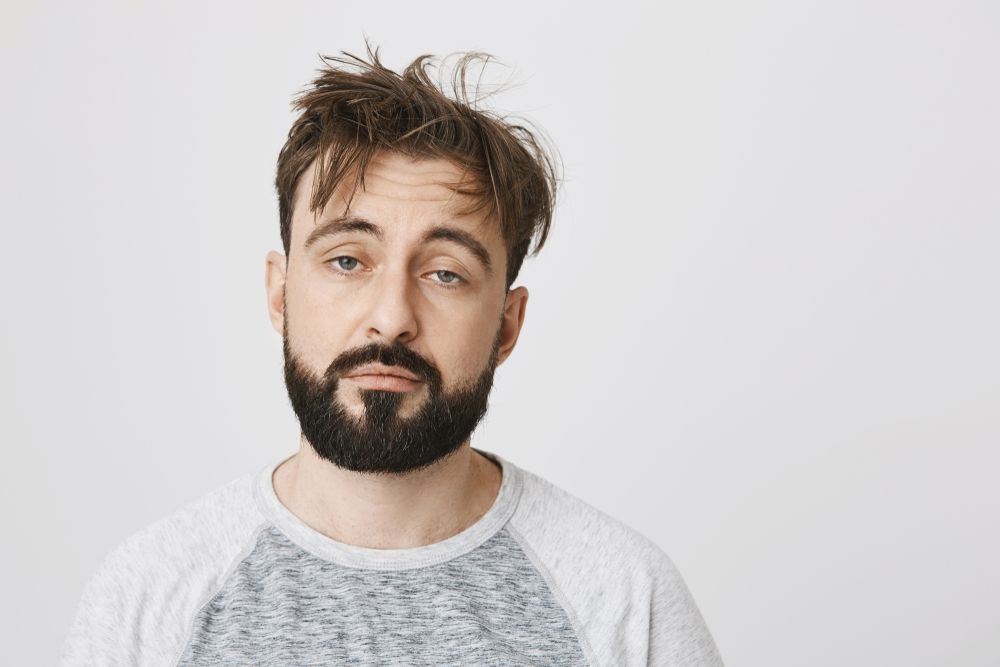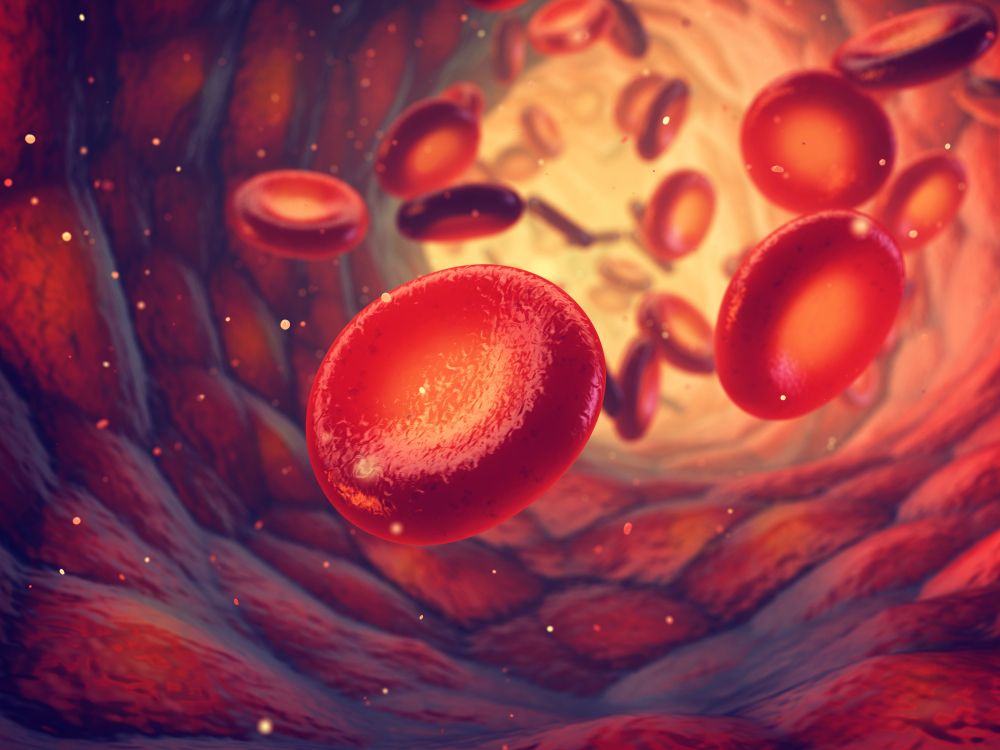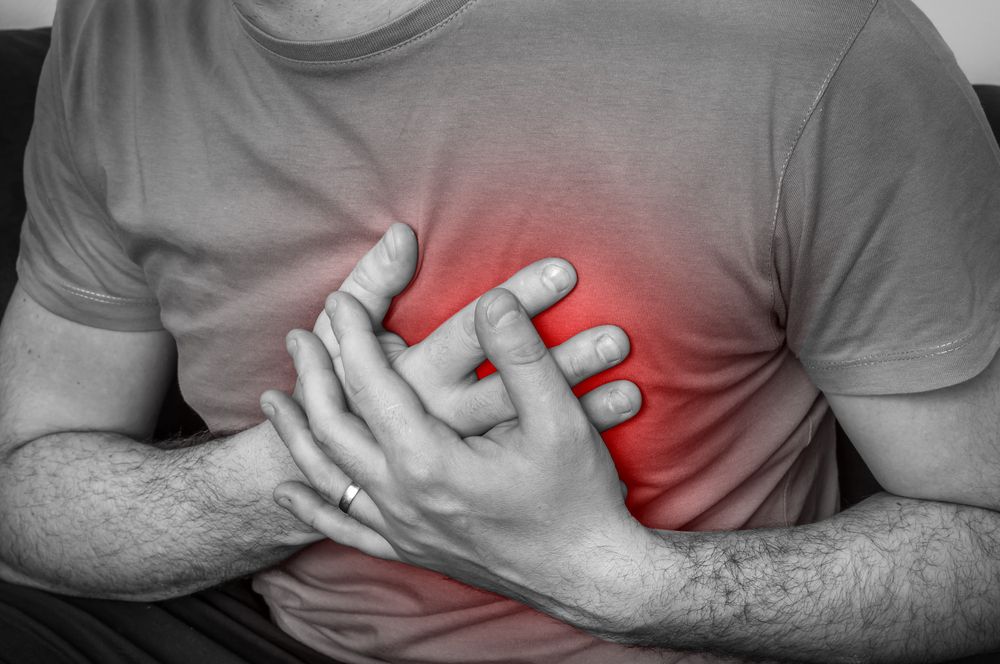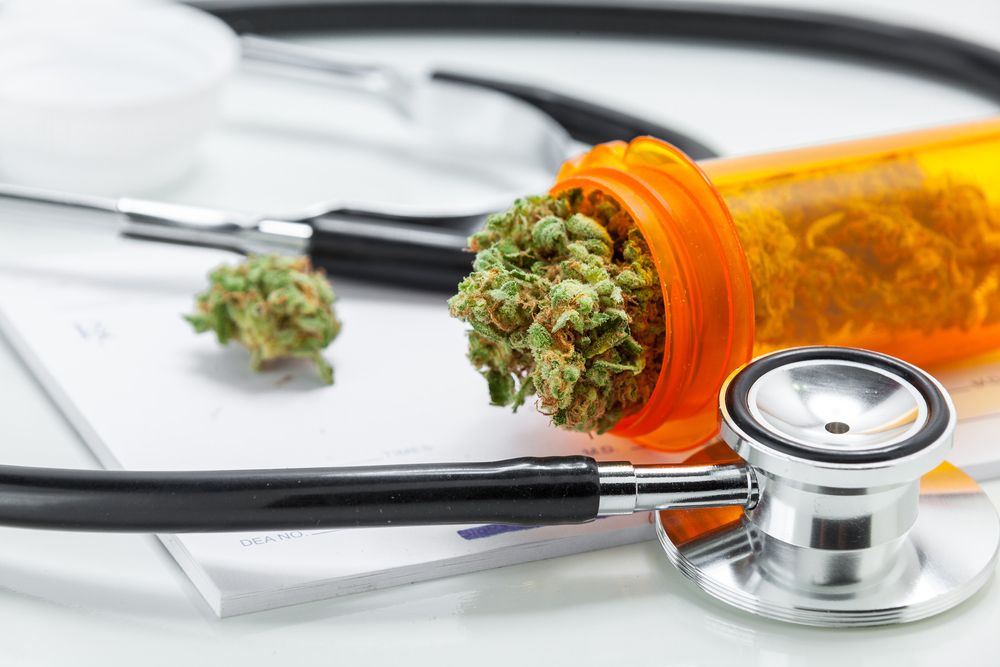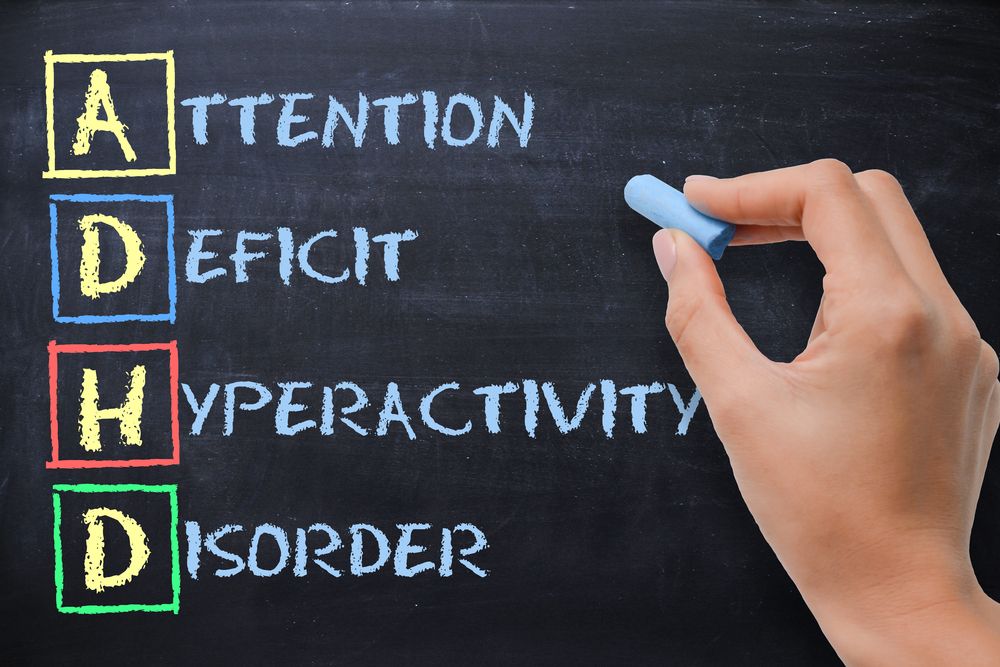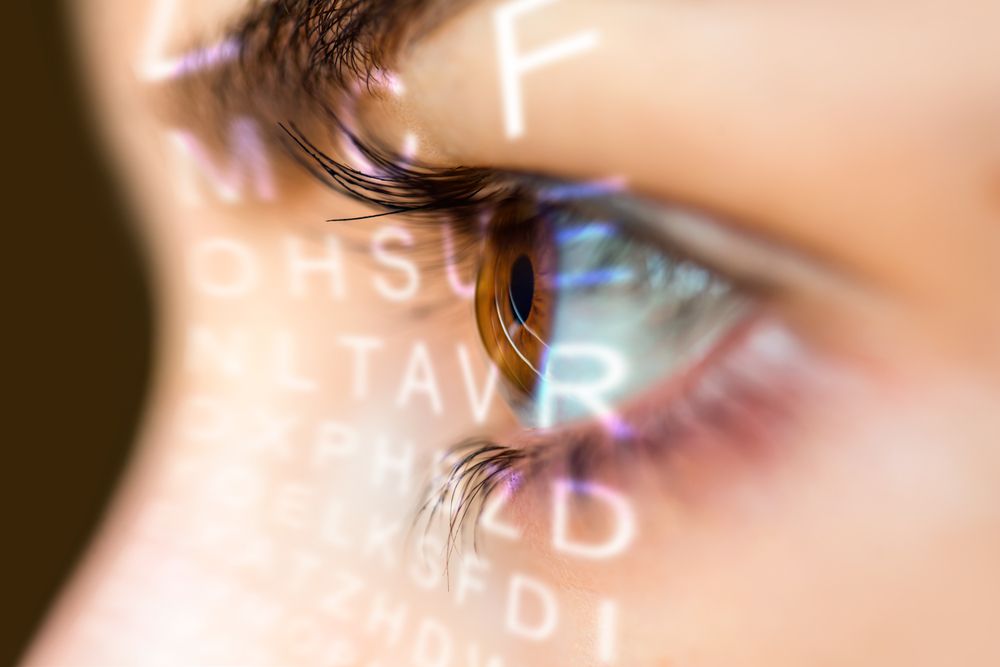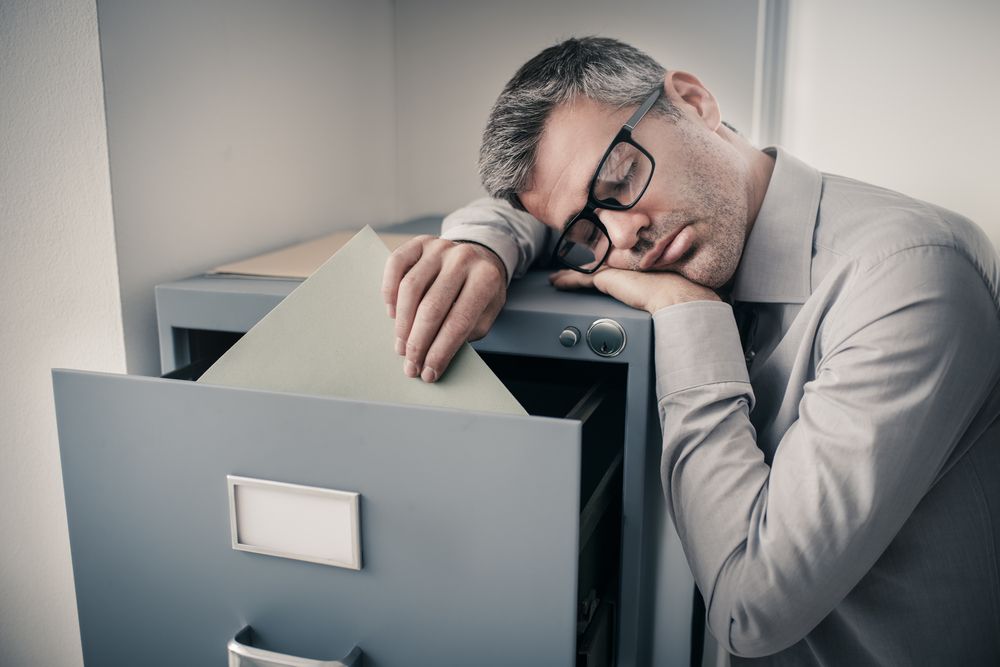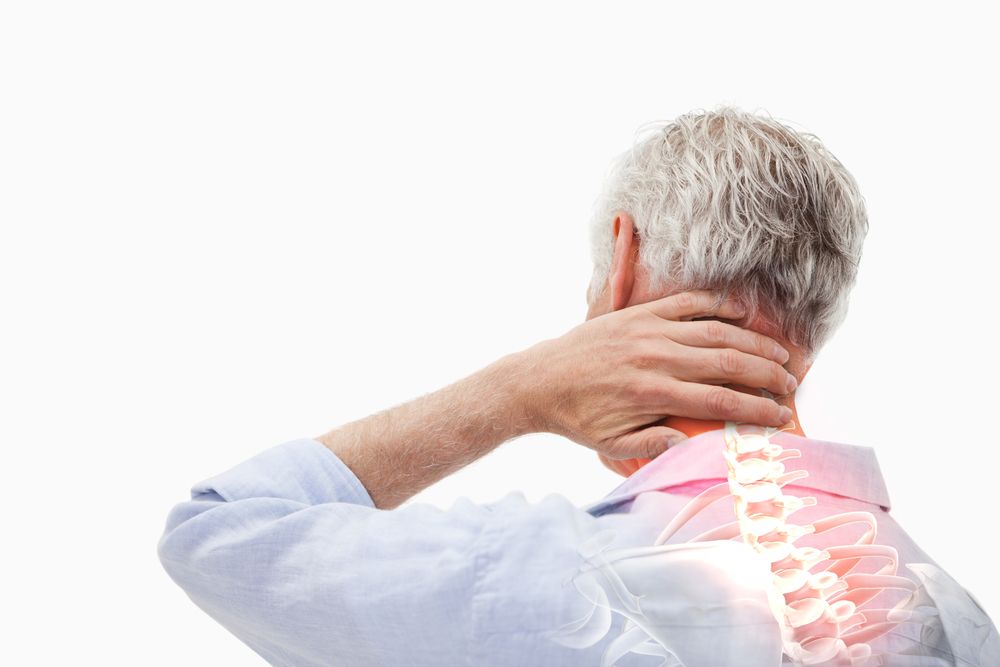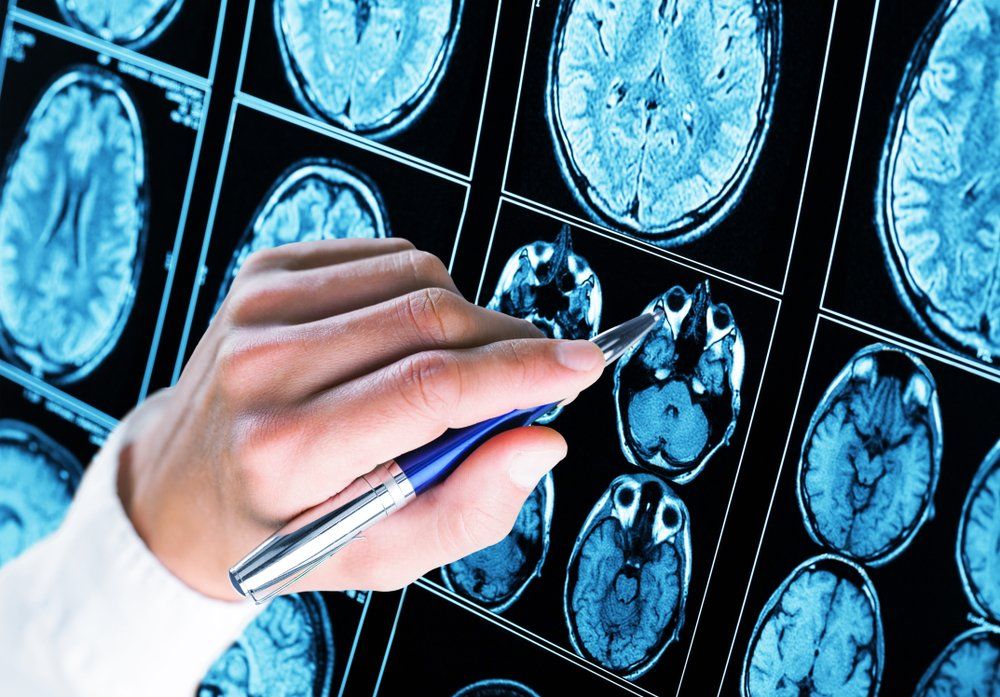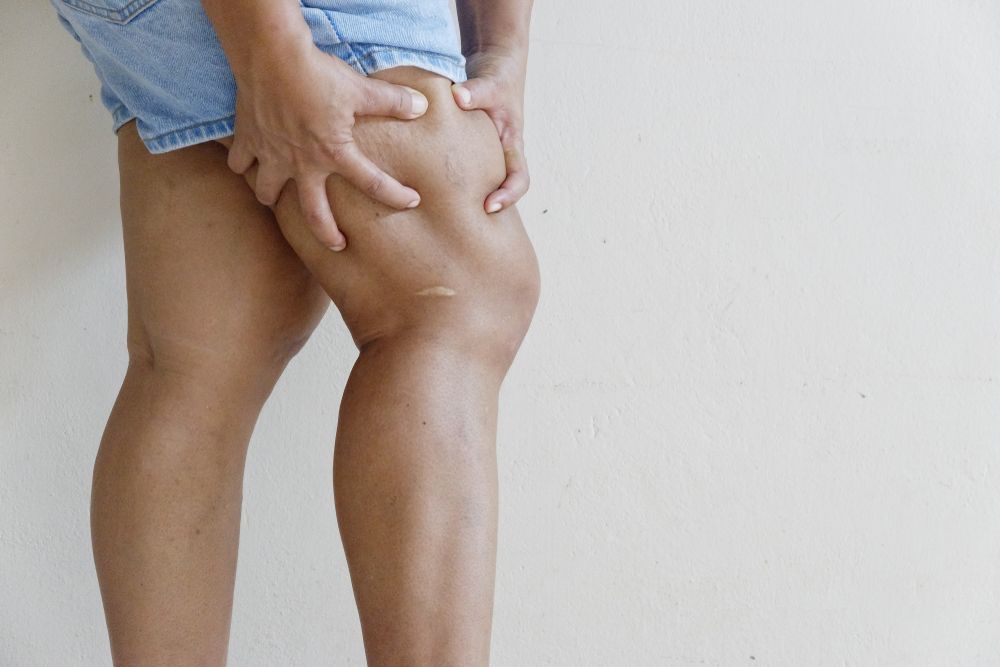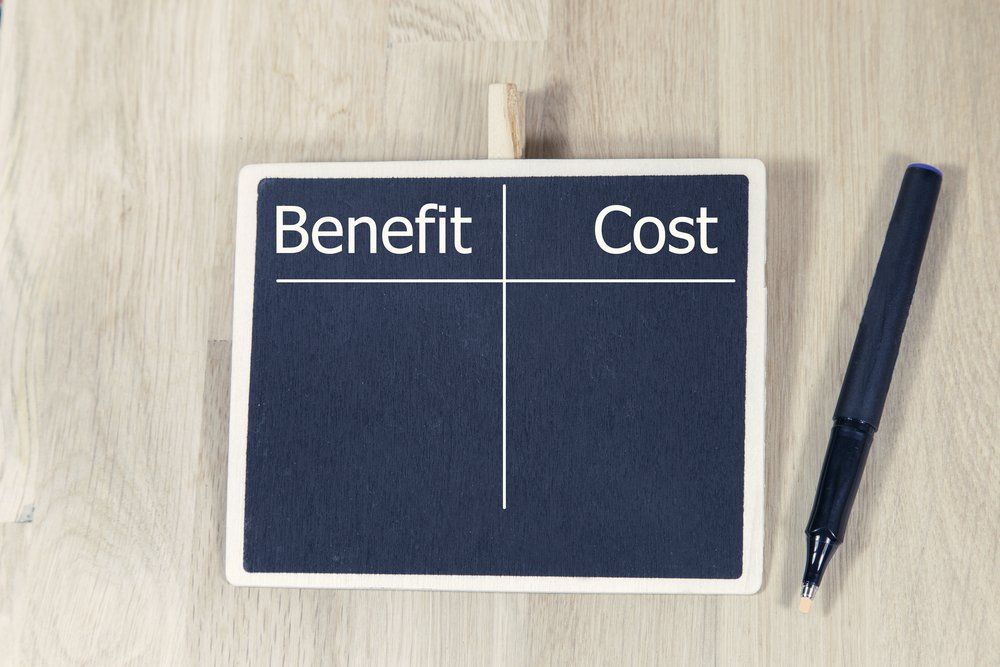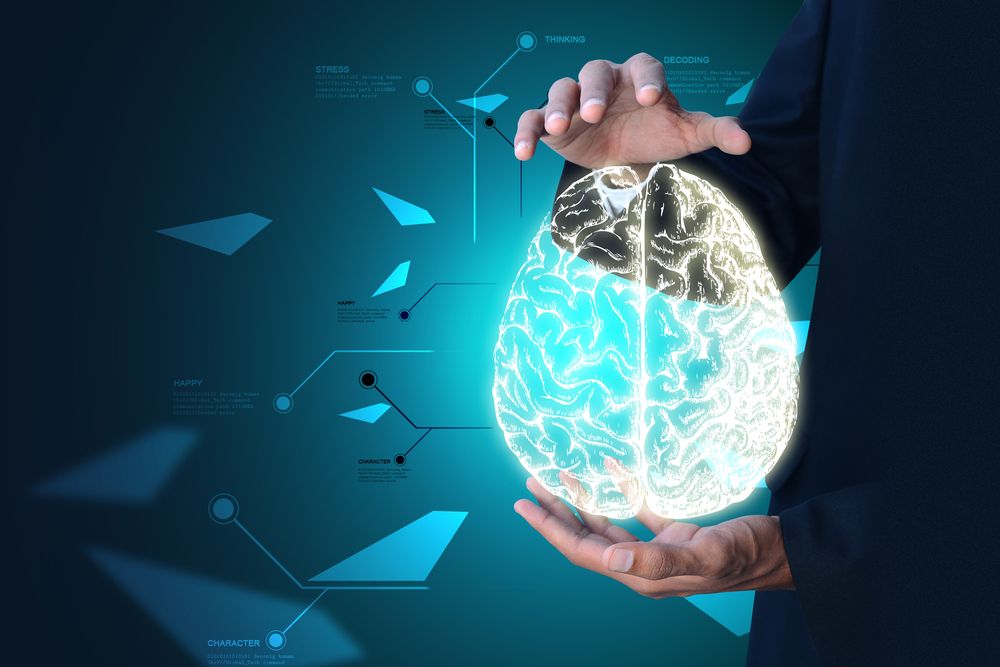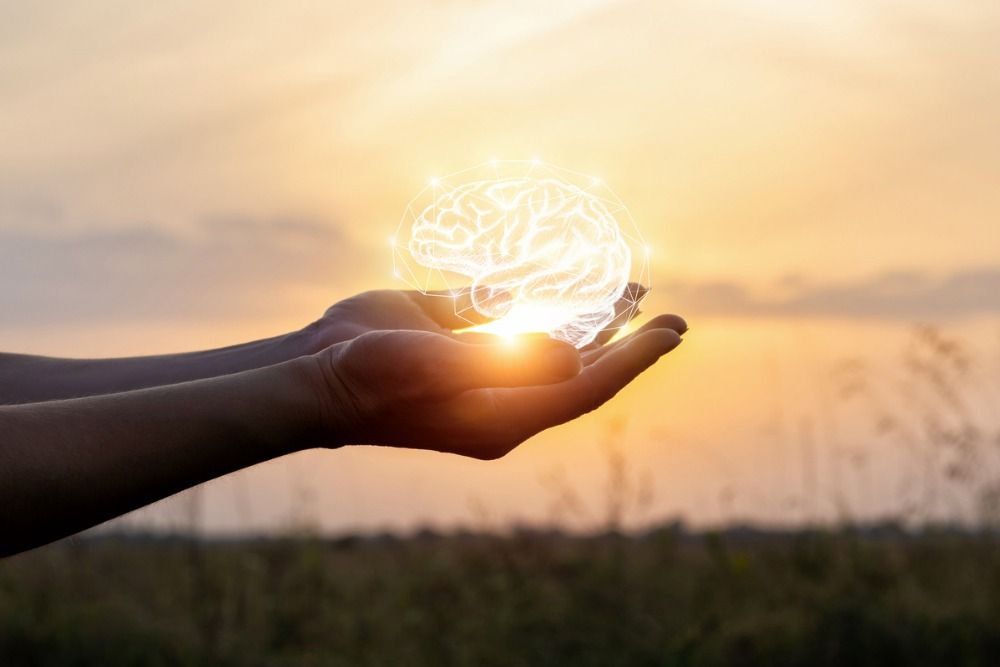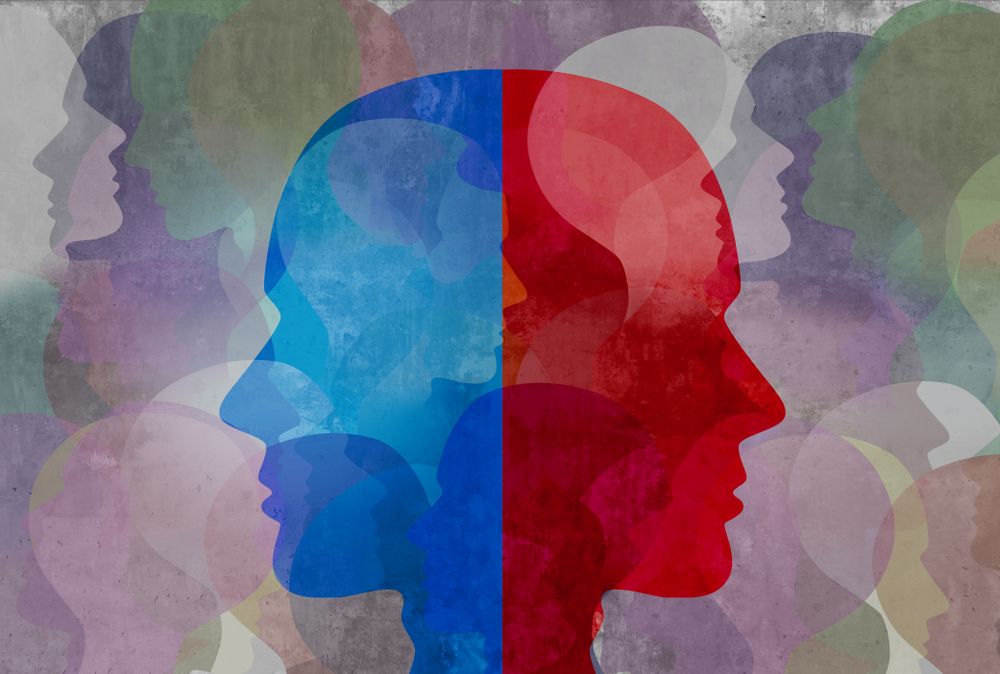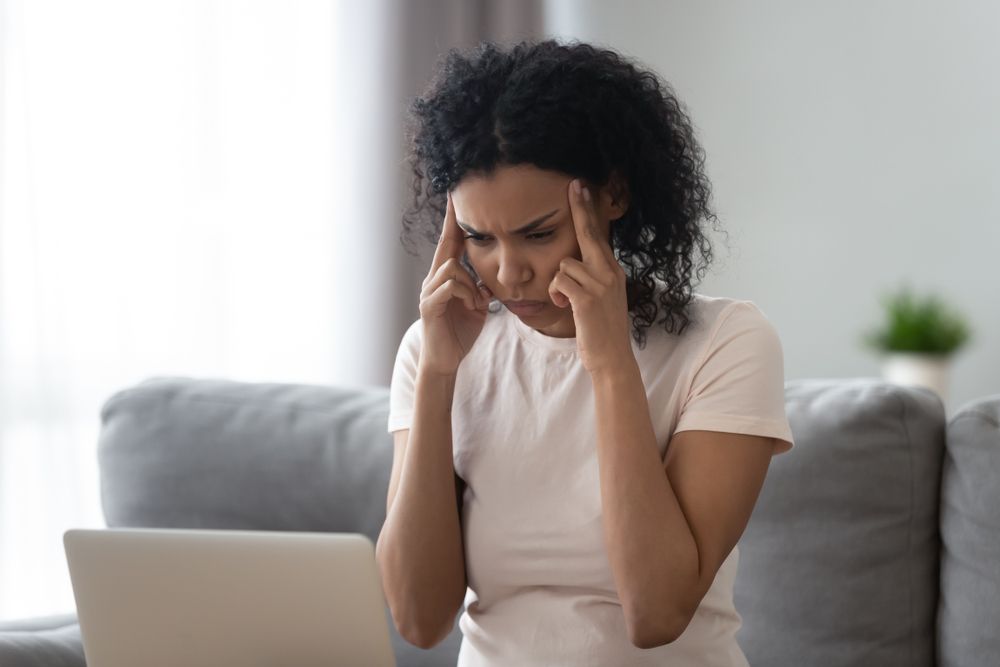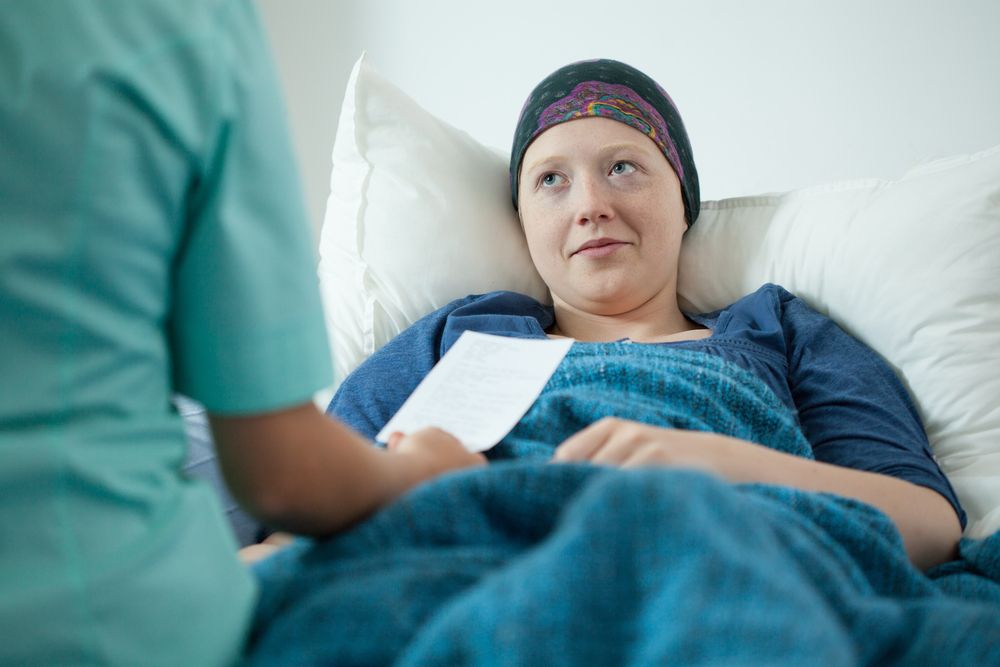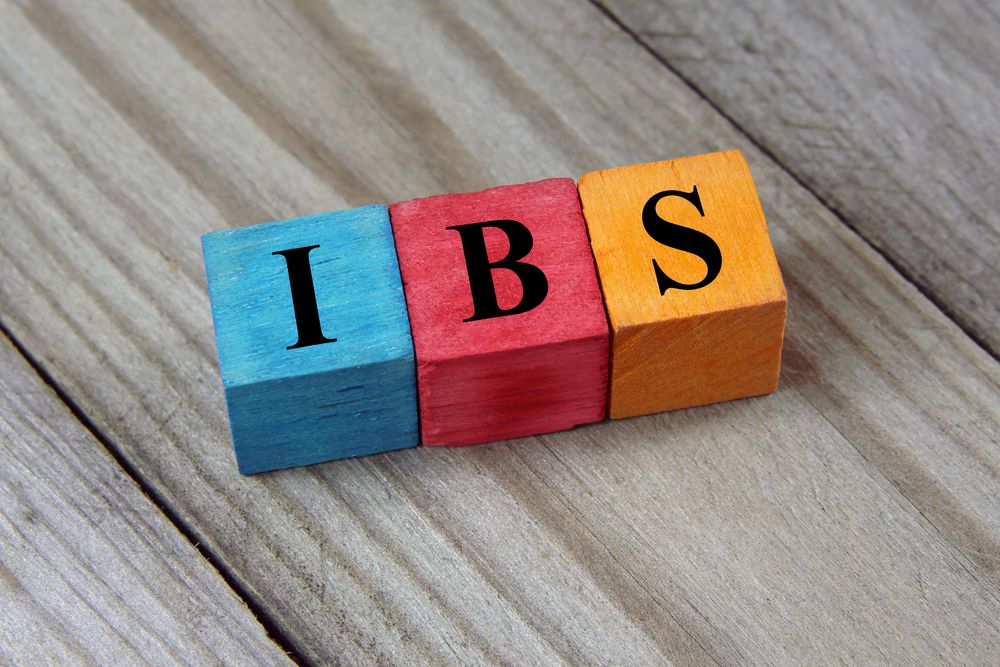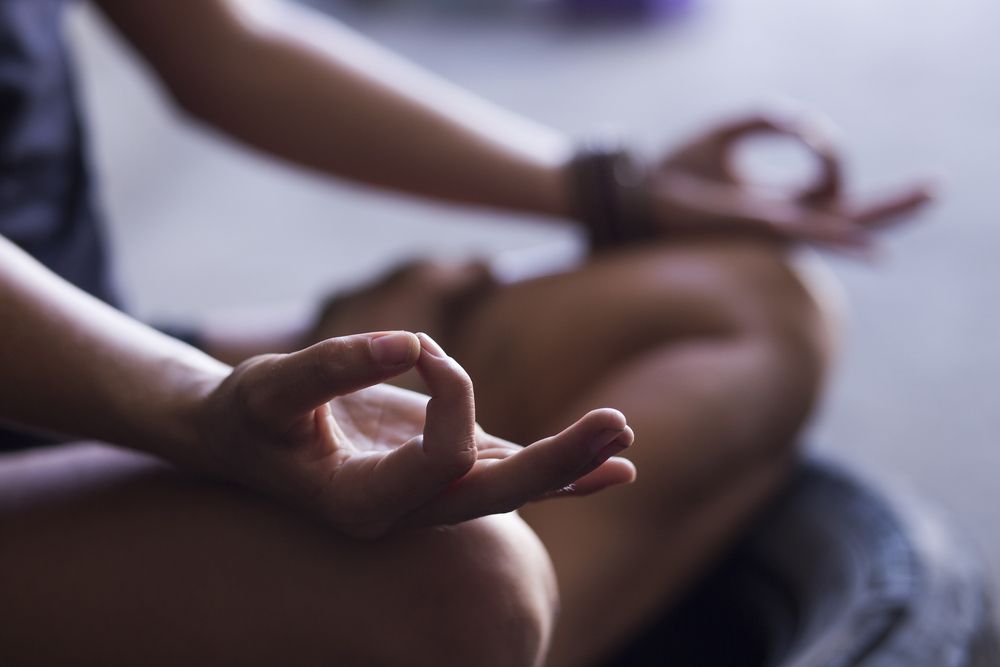Sleep issues and disorders affect an average of one out of three Americans.
Sleep is a necessary reset button that helps your body ward off diseases and recharge every night. Lack of sleep can contribute to health issues, such as type 2 diabetes, obesity, and high blood pressure.
Insomnia, sleep apnea, and jet lag are just some of the common conditions known to affect Americans today. (Learn More: Overview of Common Sleep Disorders)
Sleep experts and doctors can diagnose any sleep issues you may have, so you can get back on track and improve your health. (Learn More: How Are Sleep Disorders Diagnosed?)
Sleep issues can be effectively treated. (Learn More: Medical Treatment for Sleep Disorders)
Usually, a combined approach of lifestyle changes, sleep hygiene, and medication is recommended.
Overview of Common Sleep Disorders
Sleep disorders are not the same as losing sleep because you need to study for school, nurse a child, attend a social event, or take care of an emergency. These events can cause you to become sleep-deprived and drowsy the next day, but they are one-time or temporary issues.
Sleep disorders are medical conditions that can be diagnosed by a doctor. They have a serious impact on the quality of your life.
Though they are many kinds of sleep disorders, here are some of the most common ones in the United States today:
- Sleep apnea and snoring: Rather than being a quirk or character flaw, snoring indicates that you cannot keep your throat open during sleep. It is linked to sleep apnea, a serious sleep disorder that causes a person to snore loudly and gasp at night.
Sleep apnea involves decreased oxygen levels that disrupt sleep. The body essentially wakes up repeatedly to breathe.
- Insomnia: This is a failure to get enough sleep. Documented symptoms include being unable to fall asleep when you want to and waking up earlier than you desire. Any sleep you get is unlikely to make you feel rested.
Symptoms must appear three times weekly for at least three months. Insomnia can also impair your functioning when you are awake, making you prone to errors, irritability, concentration issues, impulsivity or hyperactivity, and decreased motivation.
- Restless legs syndrome: This is the need to move your legs once you try to rest. Walking, stretching, or moving your legs may cause you to feel better, and symptoms often result from sitting for too long.
 Sufferers of RLS report that feelings in their legs are unusual and unwanted. It can influence your sleep if it affects you at night, causing your legs to twitch or otherwise move involuntarily.
Sufferers of RLS report that feelings in their legs are unusual and unwanted. It can influence your sleep if it affects you at night, causing your legs to twitch or otherwise move involuntarily. - Jet lag: This is often a temporary condition resulting from travel to areas with very different time zones from your own. You may be unable to sleep, be drowsy during the day, or even have difficulty focusing.
Jet lag typically goes away within a day or two as your body adjusts. However, it is worth discussing with your doctor if you travel often and are unable to sleep properly as a result.
- Sleepwalking: This sleep disorder is most common in children. Most people who sleepwalk do tasks in their sleeps they do not remember, such as eating. It may be caused by brain development and linked to transitioning between light and deep sleep.
Lifestyle Changes
Treatments for these and other sleep disorders are available. Lifestyle changes may also help you get better sleep.
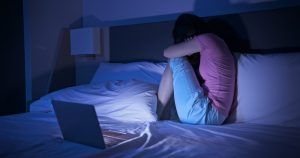
The CDC recommends the following:
- Maintain a set sleeping schedule, where you arise and go to bed at the same time every day, even on the weekends.
- Expose yourself to sunlight during the day. Go for a walk or eat lunch outside.
- Avoid eating and drinking late at night, especially foods with a high sugar and fat content, alcohol, or caffeine.
- Avoid blue light from your phone or computer, and other artificial lights, at night.
- Make sure your bedroom is quiet, cool, and dark.
Changing these things may not be enough if you have a serious disorder. Visit your doctor if you are unable to get quality sleep. They can diagnose a sleep disorder, or rule out certain medical conditions.
Medical Treatment for Sleep Disorders
Your doctor will take your medical history, conduct a physical exam, and write down your sleep history.
To better look at the problem, they may require a sleep study called a polysomnogram. The study looks at:
- Your blood pressure.
- Breathing patterns.
- Brain waves.
- Muscle and heart activity.
- Eye movements.
Once you have been diagnosed, you may receive a prescription for medication or therapy.
- Benzodiazepines and sedatives: Medications like Klonopin may be prescribed to help you relax and get restful sleep. Because of the risk of abuse and negative effects from long-term use, this is a last resort.
- Narcotics (opioids): Medications like OxyContin (oxycodone), Vicodin, or Norco (hydrocodone and acetaminophen) may be prescribed for restless legs syndrome. Like benzodiazepines, they are known to be habit-forming, so other options are generally recommended first.
- Cognitive behavioral therapy (CBT): Known for its success in treating behavioral issues, CBT has success in treating insomnia. Treatment generally consists of four to six sessions that look at the fundamental reasons why you may have insomnia. You will examine your circadian rhythm, learn about sleeping pills and what happens when you become tolerant to their effects, and identify healthy strategies to deal with stress.
CBT for insomnia is usually called CBTI. You’ll keep sleep logs that measure your progress. - Sleeping pills: Over-the-counter medication, such as diphenhydramine and melatonin, may help patients who have insomnia, jet lag, or other sleep disorders. It is best to consult a doctor even if you use OTC medications to deal with sleep issues.
Prescription medications, such as Lunesta, Sonata, and Rozerem, are sleeping pills that help you get quality sleep or fall asleep faster. Benzodiazepines, such as Halcion (triazolam) and ProSom (estazolam), are also used for patients with insomnia. Benzodiazepines come with a high risk of dependence, and you cannot stop taking them suddenly.
Sleeping pills may cause various side effects. They are only recommended for short-term use.
Frequently Asked Questions
What are the most common sleep issues today?
Insomnia, jet lag, restless legs syndrome, snoring, and sleep apnea are some of the most common sleep issues affecting Americans today.
How are sleep disorders diagnosed?
Like any other health issue, you must first visit your doctor and provide your medical and sleep history. You will then be given a physical exam and possibly take part in a sleep study. The results of the sleep study will help a doctor know whether or not you have a sleep disorder or if your sleep issues are the result of another medical condition.
Is it possible to cure or treat a sleep issue?
Yes. Some sleep issues, such as jet lag and insomnia, can be quickly treated. Sleepwalking is a disorder that generally appears in children and goes away in adulthood, in most cases. Other sleep issues can be managed successfully.
Treatments like cognitive behavioral therapy, sleeping pills, benzodiazepines, and narcotics can help you better deal with sleep issues. Medications are only recommended on a short-term basis. Lifestyle changes, such as exercising during the day, avoiding artificial lights, and keeping a regular sleep schedule, can also help.
References
Jet Lag Disorder. (September 2018). Mayo Clinic.
How Does Sleep Affect Your Heart Health? (December 2018). Centers for Disease Control and Prevention.
Most Common Types of Sleep Disorders. (June 2019). Verywell Health.
An Overview of Sleep Apnea. (March 2019). Verywell Health.
An Overview of Insomnia. (May 2019). Verywell Health.
8 Common (And Terrible) Sleep Disorders. (February 2015). Fast Company.
Sleep Disorders. (December 2018). MedlinePlus.
Restless legs syndrome. (July 2018). Mayo Clinic.
What Is Cognitive Behavioral Therapy for Insomnia (CBTI)? (May 2019). Verywell Health.
Sleeping Pills May Help With Insomnia. (May 2019). Verywell Health.

